A recent GIF has been making its way around Facebook. While I’m sure the sentiment has been circulating for ages, it now seems to have more of a negative connotation—especially in light of President Trump’s “Christmas is back” speech earlier this month at the Utah state capitol. The GIF itself features a glowing fireplace with a full, lighted Christmas tree towering over an abundance of wrapped packages. The accompanying wording, however, is far less warm and welcoming. “It’s Merry Christmas, NOT Happy Holidays. Share if you agree!”
When I was younger, I do recall a lighthearted campaign about keeping Christ in Christmas. I had a great-aunt who refused to label boxes as “X-mas” because it seemed like some sort of blasphemy to her. And with how commercialized the holiday has become, I can truly understand why Christians feel the need to refocus the holiday and truly celebrate the birth of Jesus Christ. But to do it in a way that disparages and diminishes other religions? That isn’t very Christ-like at all.
Some may say I’m overanalyzing the wording, but I happen to have spent some time as a linguistics major in college and I simply can’t help myself. And as an enthusiastic linguist, etymology and history of languages is fascinating. So clearly my mind wandered away from the implied bigotry of the offensive GIF and onto the history behind the phrasing of “Merry Christmas.” At least for a moment.
The origins of Christmas taking place in December can be traced back to the year 336, under the rule of the Roman Emperor Constantine. A few years after that recorded date, Pope Julius I made an official declaration that December 25 would be the date on which the church would annually celebrate the birth of Christ. As an official church-declared holy day, Christmas quite literally became (in Old English, specifically) a holiday.
But is it a merry holiday, or a happy one? Christmas is obviously unique in its wording, as every other holiday celebrated comes with greetings or well-wishes beginning with “happy.” So where did the shift come from? The only cited, printed work containing the phrase “Merry Christmas” that people tend to rely on is an Old English work from the mid-16th century, the Hereford Municipal Manuscript (which shows there is very little documentation to even back this up). The next oldest reference doesn’t appear until the publication of Charles Dickens’ “A Christmas Carol,” which wasn’t until 1843. And since Dickens kind of has the market on the resurrection of the Christmas season, it makes sense that he would be the one, if anybody could, to start pushing the phrase “Merry Christmas” onto the world.
So if celebrated holidays are in fact holy days, and the common English hailing paired with celebrations is “happy,” what’s the problem with wishing someone a happy holiday? Has this idea of political correctness morphed and twisted so much that it has become a bigger problem than the very problem it was created to address in the first place? And what about social media posts such as the one mentioned above? Is it okay to be anti-political correctness to the extreme that is threatening to others’ religious persuasions?
The original intent behind being politically correct—which in a tolerant and caring society wouldn’t even be necessary— was to encourage tact and sensitivity to others’ feelings having to deal with inherent parts of who we are as individuals. Gender, race, religion, sexual orientation, physical and emotional abilities: none of these issues should be a basis on which to judge or discriminate upon. But the effect of political correctness has been focused so much on not acknowledging these things that they are simply avoided all together. In a way, it hinders us and our ability to find a comfortable (or even respectful) place among those different from us.
All this being said, I can start to understand why that GIF is making its way around social media. The idea of constantly having to be politically correct to avoid offense is awful. If we are always walking on eggshells while simultaneously dealing with an entire herd of elephants in the room, how will we ever forge deep connection and trust with those different from us? If we can’t talk about differences, if we can’t ask questions, if we can’t discuss our assumptions, anxieties, hopes, worries, joys, and concerns? We as a society will never be able to overcome our ignorance about surrounding races, cultures, and lifestyles. Self-censoring conversations about differences will only inhibit compassion and understanding and will merely perpetuate those very barriers we are hoping to overcome.
But the problem with the phrasing of the GIF isn’t how diminutive it makes the all-inclusivity of “Happy Holidays.” It isn’t an eye roll at a politically correct phrase. By pronouncing that greeting inferior to the more (albeit not necessarily truly) traditional phrase of “Merry Christmas,” it has gone a step too far. It is no longer about being fed up with the idea of political correctness and embracing all the joy surrounding the season—it has become another outlet for intolerance and superiority.
There is nothing wrong with saying “Happy Holidays.” There isn’t anything wrong with saying “Merry Christmas,” either. What’s wrong is holding yourself and your beliefs above another person’s by diminishing a variety of phrases that are merely intended to spread peace, joy, and goodwill throughout the holiday season.

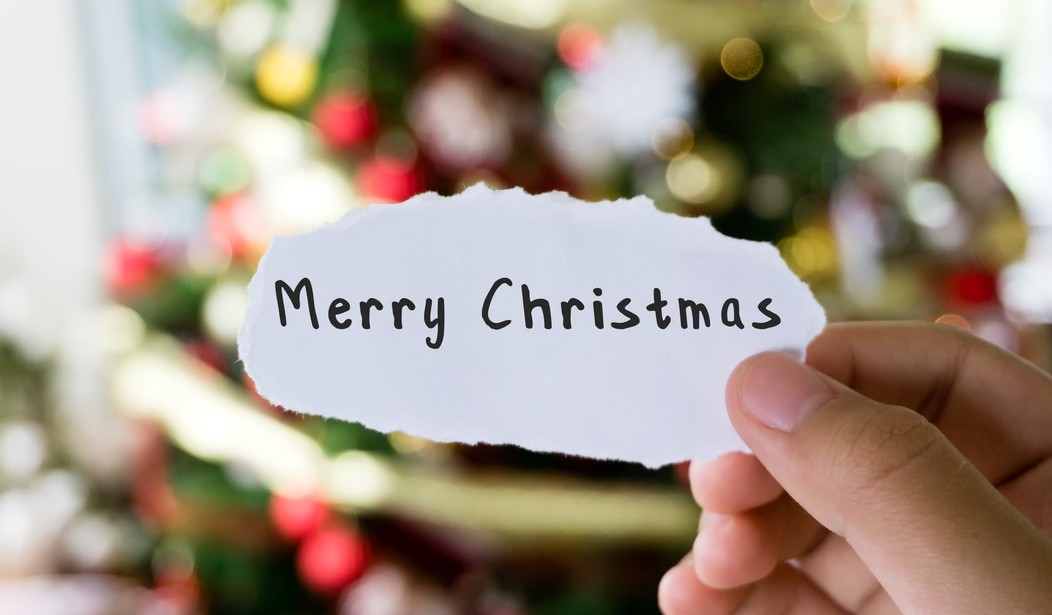

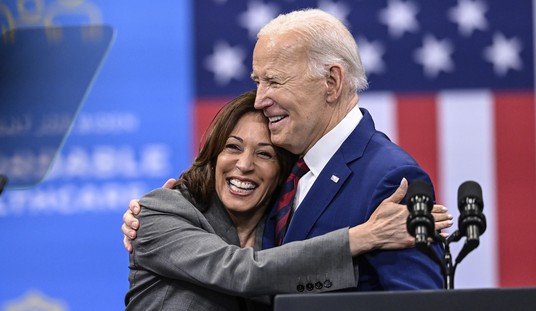

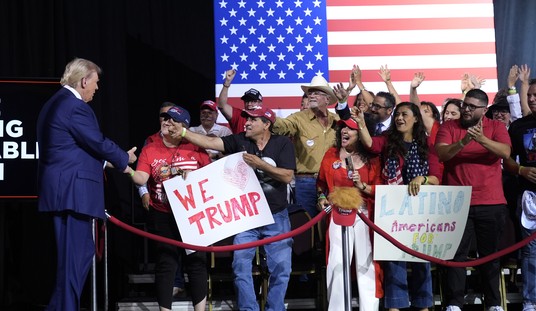
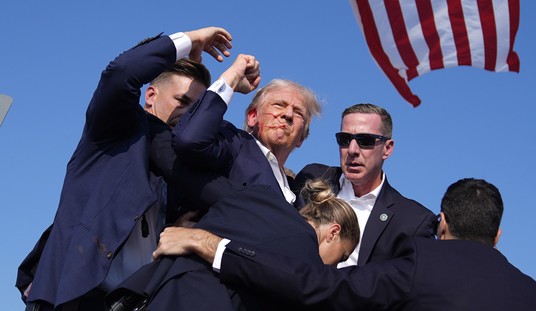
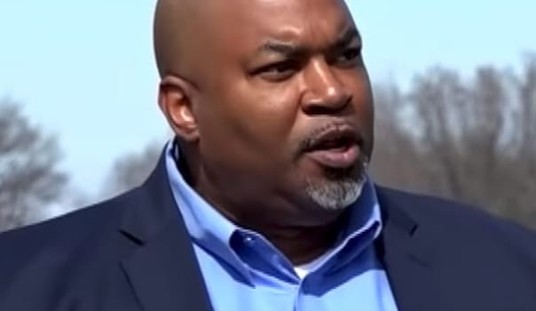
Join the conversation as a VIP Member